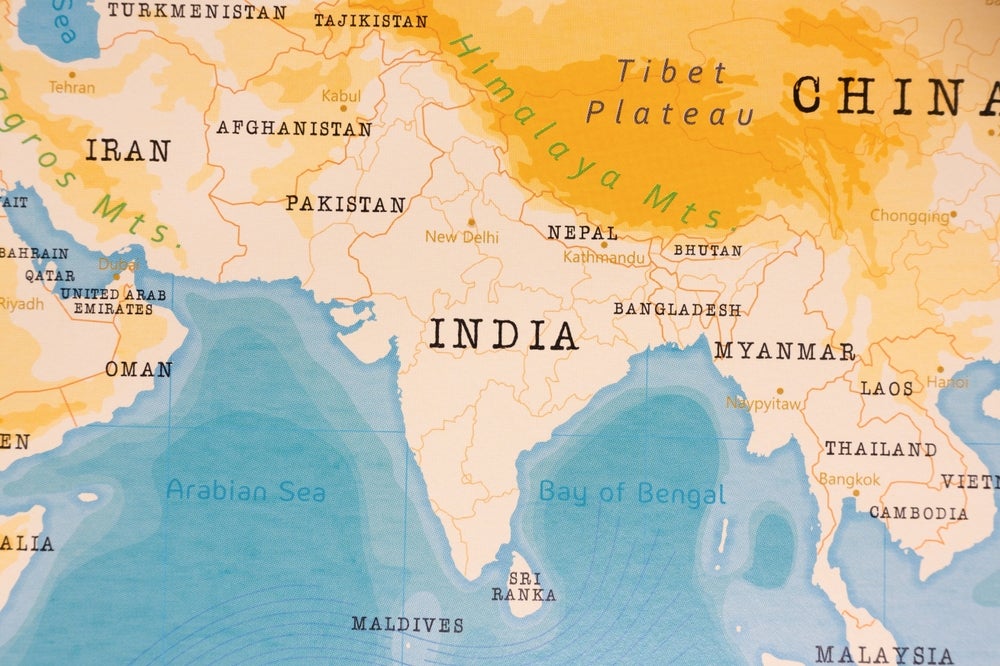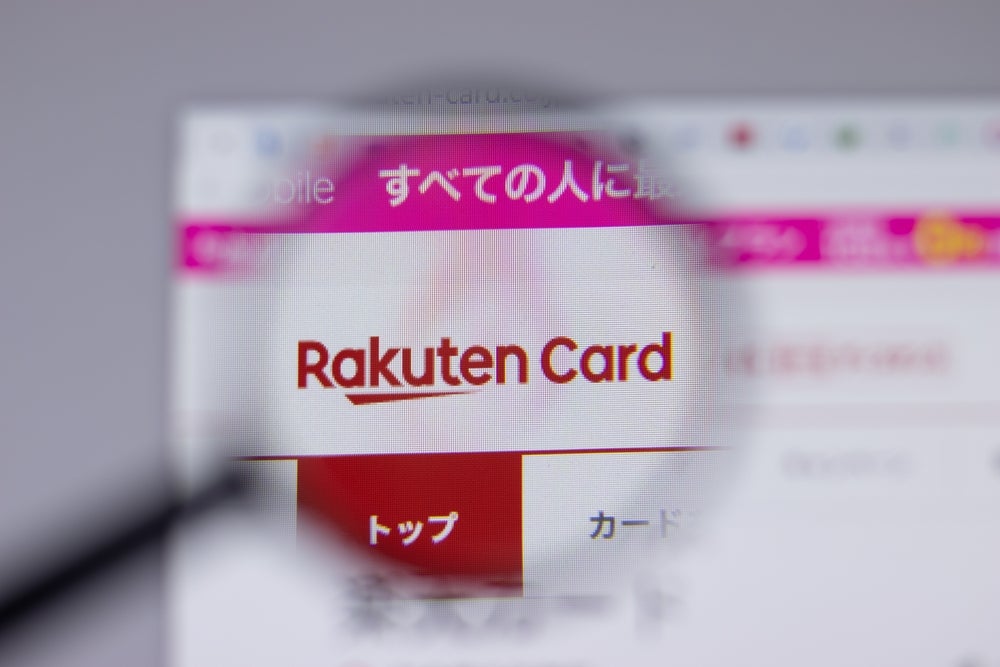published its Payment Evolution Report, tracking the
similarities and differences in credit card trends among seven
economies in the Asia-Pacific region. The economies covered are
Australia, China, Hong Kong, India, Indonesia, Malaysia and South
Korea.
The report looked at key usage, payment and attitudinal trends
of credit card customers, showing that cultural attitudes are the
major factors driving credit card consumption and behaviour.
On average, Australians have 2.1 cards each, the lowest in the
survey. Malaysians have an average of 3.26 cards, with 84 percent
of the population owning three credit cards. Australian consumers
ranked high in terms of card usage, using their cards an average of
5.4 times per week. Some 12 percent of Australians use their card
11 or more times per week, while 3.5 percent of consumers use their
cards more than 20 times per week.
In contrast, in India and Indonesia, 60 percent of people use
their card only once or twice per week. There has been a 19 percent
rise in credit card usage among Australians, with 49 percent saying
they use their credit card more often than cash and debit cards.
Some 30 percent of Australians said they use their credit card less
than cash and debit cards.
Usage differences
The lending default crisis earlier this decade does not have
appeared to have deterred South Korean consumers from using credit
cards: 65 percent of South Koreans use their credit cards
more often than cash and debit cards.
How well do you really know your competitors?
Access the most comprehensive Company Profiles on the market, powered by GlobalData. Save hours of research. Gain competitive edge.

Thank you!
Your download email will arrive shortly
Not ready to buy yet? Download a free sample
We are confident about the unique quality of our Company Profiles. However, we want you to make the most beneficial decision for your business, so we offer a free sample that you can download by submitting the below form
By GlobalDataAccording to the report, South Korean consumers have recorded a
41 percent increase in credit card usage. The growth of online
shopping is also helping to spur credit usage, with South Koreans
using their credit cards online an average of 7.8 times in the last
six months, compared to 5.6 times for Australians. In Indonesia the
average was two times and in Hong Kong, 2.4.
In China, where huge growth is anticipated for credit cards over
the next few years, credit card spending is mostly used for big
ticket items. Fifty-eight percent of respondents there say they buy
only big ticket items with their card. In Australia this figure was
17 percent.
Repayment habits differ between countries. In South Korea, 81
percent of respondents said they pay off their card in full each
month. Australians and Malaysians show a similar pattern of
repayment and there is a fairly even split between revolvers and
transactors. Across the seven countries, 42 percent carry an
ongoing card debt.
Future trends
Cultural preferences are a major factor when it comes to
choosing a card, according to the report. In some countries the
appearance and design of a card is key and represents status, but
in others discounts and rebates are more popular. In Australia the
interest rate is the key feature for consumers, while in South
Korea low fees are the key driver. In Malaysia and China, security
features and fraud prevention are paramount for consumers.
Cash rebates were the preferred type of reward in relation to
loyalty and reward programmes, say 57 percent of respondents. The
next most popular reward-related feature is discounts on products
and services at 12 percent.
The report asked consumers in the seven economies how usage of
credit cards could evolve in the future. When asked if credit cards
could double as a form of personal identity card, India and China
were most in favour with ‘strongly agree’ responses of 47 percent
and 43 percent, respectively. Australians and Malaysians were most
opposed, with 33 percent and 43 percent, respectively, saying they
‘strongly disagreed’.
The option of using a credit card to pay taxes was met with most
enthusiasm in South Korea and China, where 53 percent and 41
percent, respectively, said they ‘strongly agreed’. Conversely, 38
percent of Australians said they ‘strongly disagreed’ with this
idea.
Roy Gori, Citibank Australia’s director of cards, said the study
had produced some interesting findings. “We can take a successful
learning or product feature in one country but it may not hold
appeal in another country,” he said.
The challenge for Citibank now is to find a way to tailor its
credit card products to local market preferences in order to drive
organic growth and provide innovative features that will bring in
new consumers.
Over the last few weeks, Citi has launched the Citi M Visa
credit card in Thailand, and what it claims is the biggest
credit cards rewards catalogue in the Philippines, in a new air
miles partnership with national carrier Philippine Airlines.







